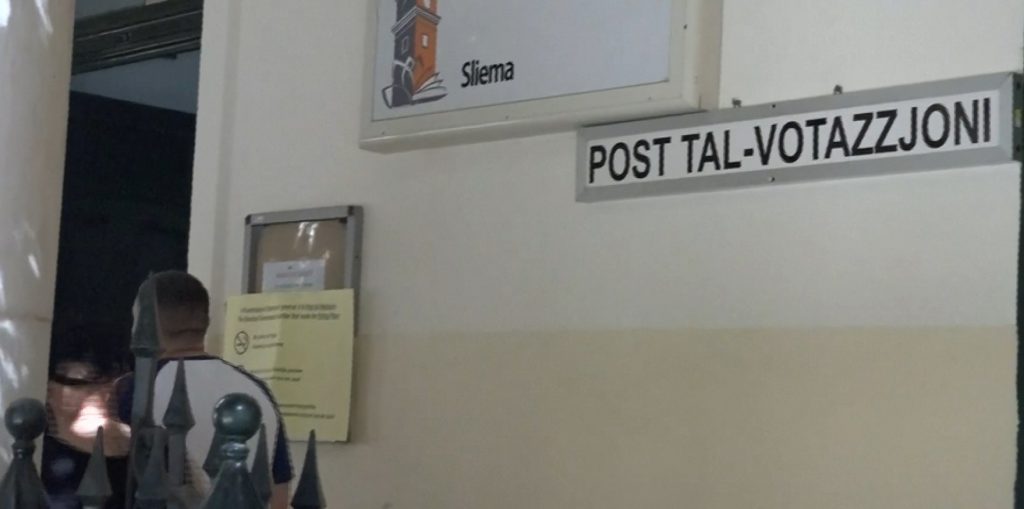6 reasons why council results differed from the MEP election

The June 8 MEP and local council election have been done and dusted but many have queried the reason why the results were significantly different. Why in the MEP election Labour lost most of its majority which went down from 42,000 in 2019 to just 8,500, in the council election the losses were not so pronounced as the majority went down from 47,000 to 20,000.
1 The electorate is slightly different
Though the bulk of the voters is the same, there are more people eligible to vote in the local council elections as in this case the electoral register also includes EU citizens registered as residents of the Maltese Islands. The latter may opt to vote in their native EU country and not in Malta, in the MEP elections. Hence, while in the 2024 council elections the number of registered voters stood at 457,343, in the corresponding MEP elections the respective figure was significantly less at 370,184.
2 Council and MEP elections have a greater degree of unpredictability
More often than not these are mid-term elections and hence provide a good opportunity for the disgruntled voters to rock the boat and send a warning without the fear this might go overboard as there is no risk of losing government. Hence, the result tends to have a larger degree of unpredictability than usual.
3 Lower voter turnout
Floating voters and to a lesser extent disenchanted hardcore supporters are more prone to express their disgruntlement in these mid-term elections. One of the ways to express this protest vote is by staying at home. In the council elections turnout was 59.6% meaning that 184,736 eligible voters did not vote. In the case of the MEP elections turnout was higher at 73% with 100,042 staying at home.
4 Independent candidates and small parties
Voters are fully aware that the chances of independent candidates and small parties winning any seats in a nationwide election is very slim. The last time three parties were represented in parliament was in 1962. Nonetheless, these candidates still score a higher chance of securing protest votes in these elections. As a matter of fact, the PN did not manage to fully capitalise on Labour’s losses as independent candidates profited significantly from Labour’s poor showing in the MEPs election, obtaining 33,102 votes. Though not enough to enter the race for a seat, it was still a relative good showing. Significantly, in the MEP election all voters had the option of voting for independent candidates and small parties as Malta was one single large district. In contrast in the council elections, there were localities in which only PL and PN contested. Hence, disgruntled Labour voters could be reluctant to switch sides. Consequently, they either did not vote or stuck to the PL, nonetheless. This is not to say there was no swing from the PL to the PN, but Labour’s biggest losses were in localities contested by independent candidates as they lost votes to both.
5 Party loyalty not so strong at local level
While cross voting among hardcore party supporters at national level is non-existent, it might happen at local level. There were instances whereby loyal party voters opted to vote for a mayor hailing from a rival party. The reasons could be various – a very good performance by this candidate, family links and a poor line-up from of their own party. Hence, cross party voting might somehow the distort the expected picture

6 Star candidates
As their name suggests, star candidates have the special trait of being crowd pullers and scoring a higher chance of attracting middle-of-the-road voters. In this respect, having EP President Roberta Metsola among its team of candidates gave the PN a huge advantage in the MEP elections. As a matter of fact there were plenty of ballots containing only the first preference for Metsola and nothing else. This suggests that her absence from the ballot sheet would have resulted in a more pronounced victory for Labour. An estimated 10% of her voters gave the second preference to non-PN candidates. The question beckons: will the PN retain the ‘Metsola’ voters come the next general election?
